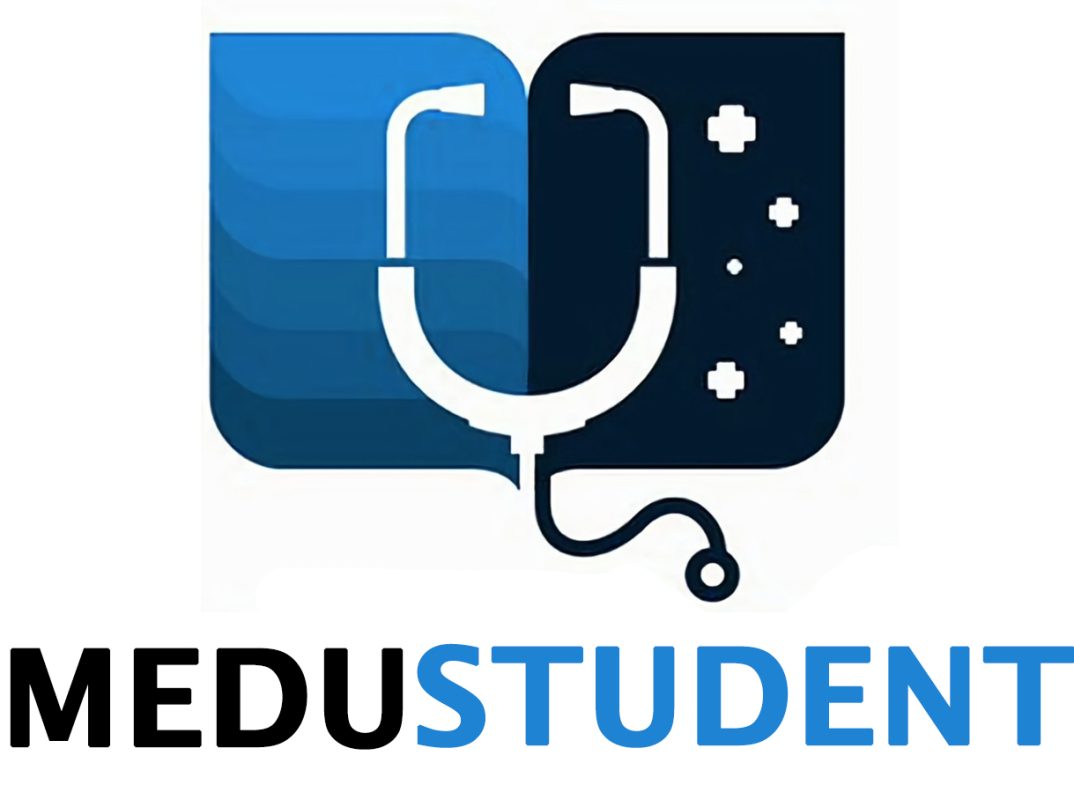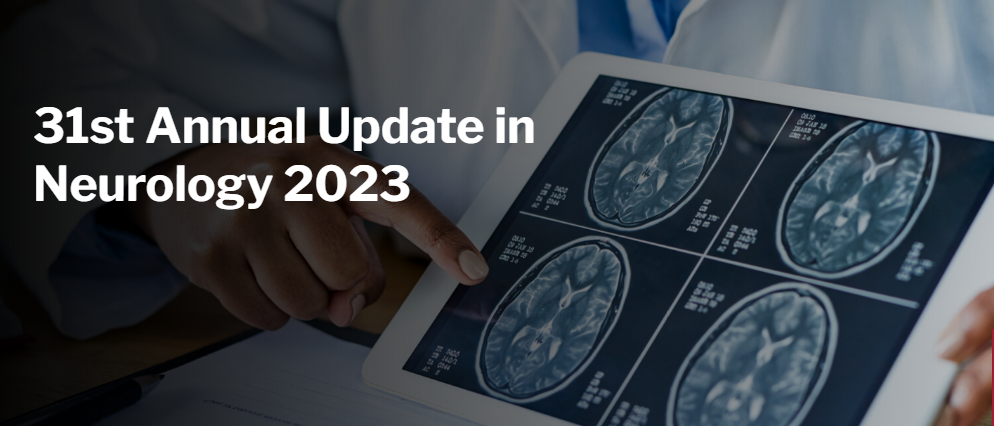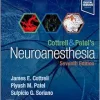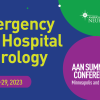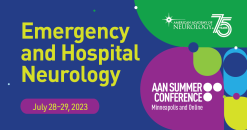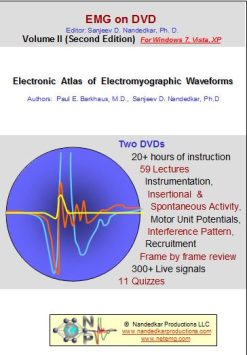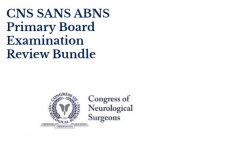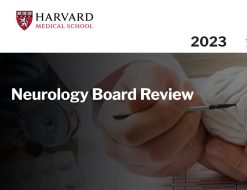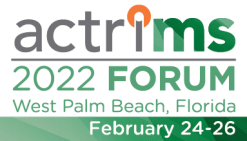Harvard 31st Annual Update in Neurology 2023
$50,00
This Product is shared via google drive download link, So please share your correct Gmail id while placing the order .Please note that there are no CME points or certificate associated with this course Samples for Courses Can be found here: Free Samples Here!
Harvard 31st Annual Update in Neurology 2023
Harvard 31st Annual Update in Neurology 2023 (Videos) This program provides a comprehensive, evidence-based review of state-of-the-art practices for outpatient and inpatient neurology. Education covers the latest guidelines, clinical strategies, and recent advances, including the use of genetic tests, optimal use of imaging, new approaches for diagnosis, and expanded options for treatment for a wide array of neurological diseases.
-
#Harvard 31st Annual Update in #Neurology 2023 (Videos)
-
Format : 70 Videos + PDFs
File Size : 31.54 GB
- Education is practical and focused on patient outcomes. Led by the foremost authorities in neurology subspecialties, the program provides tools to improve your care of patients with common, complex, and rare neurological conditions. As updates are presented, they are paired with specific practice recommendations to help you optimize patient care and outcomes.
Who Should Attend
- Physicians
- Physician Assistants
- Nurses
- Nurse Practitioners
Learning Objectives
Upon completion of this activity, participants will be able to:
- Apply updated research and guidelines for common neurological conditions in their care of patients.
- Explain the principles of delivering neurological care in resource constrained environments.
- Recognize immune mediated neurological diseases and initiate appropriate therapy.
- Identify the most common causes of cognitive error in the diagnosis and treatment of neurological diseases.
- Define types of seizures and mimickers of seizures.
- Recognize and treat common and uncommon headache disorders and dizziness.
- Summarize how to effectively prevent and manage stroke.
- Develop strategies for diagnosing and treating complicated neurologic problems in the outpatient and inpatient settings.
Program :
Monday, October 9, 2023
DAY ONE
Introduction
- Updates in Alzheimer’s Disease
Dennis J. Selkoe, MD - Q&A
- State-of-the Art Approaches to the Diagnosis of Dementia
Scott M. McGinnis, MD - Q&A
- State-of-the-Art Approaches in the Treatment of Dementia
Seth A. Gale, MD - Q&A
- State-of-the-Art Diagnosis of Demyelinating Disease, MS, NMOSD, and MOGAD
Tanuja Chitnis, MD - Q&A
- Coma and Disorders of Consciousness*
Martin A. Samuels, MD - Q&A
- Updates in the Diagnosis and Medical Management of Parkinsonism
Albert Y. Hung, MD, PhD - Q&A
- Non-Pharmacologic Therapy of Movement Disorders
Michael T. Hayes, MD - Q&A
- Advances in Our Understanding of Hyperkinetic Movements
Edison K. Miyawaki, MD - Q&A with Course Directors
Sashank Prasad, MD; Tamara B. Kaplan, MD; Isabel Arrillaga-Romany, MD, PhD
Tuesday, October 10, 2023
DAY TWO
- Concussion and Sports-related Neurological Injuries: Guidance to Improve Patient Outcomes
Claus Reinsberger, MD - Q&A
- ‘Visual Disturbances
Sashank Prasad, MD - Q&A
- State-of-the-Art Approaches in Stroke Prevention and Treatment Prevention and Treatment
Mariel G. Kozberg, MD, PhD - Q&A
- Updates in Genetics of Cerebrovascular Disease
Patricia L. Musolino, MD, PhD - Q&A
- Current Approach to Myopathies
Vijay S. Ganesh, MD, PhD - Q&A
- Keynote: How Neurologists Think: What My Errors Taught Me*
Martin A. Samuels, MD - Q&A
- Neurologic Emergencies: Quick Identification and Steps to Optimize Patient Outcomes
Bradley J. Molyneaux, MD, PhD - Q&A
- Brain Tumors in 2023: State-of-the-Art and Emerging Treatment Options
Tracy T. Batchelor, MD, MPH - Q&A with Course Directors
Sashank Prasad, MD; Tamara B. Kaplan, MD; Isabel Arrillaga-Romany, MD, PhD
Wednesday, October 11, 2023
DAY THREE
- Best Practices for Diagnosing and Managing Psychogenic Non-Epileptic Seizures
Barbara A. Dworetzky, MD - Q&A
- Challenging Epilepsy Cases in Pregnancy
Paula Emanuela Voinescu, MD - Q&A
- Updates in Pharmacological Treatment of Epilepsy
Jong Woo Lee, MD, PhD - Q&A
- New Concepts in Non-Pharmacologic Treatment of Epilepsy
Ellen J. Bubrick, MD - Q&A
- Studying Functional Networks and Targeting Stimulation Treatment of Neuropsychiatric Diseases
Michael D. Fox, MD, PhD - Q&A
- Neurogenetics and Impact on Clinical Practice
Scott R. Plotkin, MD, PhD - Q&A
- Below-the-Belt Neurology: Bladder, Bowel & Sexual Dysfunction
Tamara Kaplan, MD - Q&A
- Keynote: State-of-the-Art Treatment of ALS
James D. Berry, MD, MPH - Q&A with Course Directors
Sashank Prasad, MD; Tamara B. Kaplan, MD; Isabel Arrillaga-Romany, MD, PhD
Thursday, October 12, 2023
DAY FOUR
- Neurological Complications of Checkpoint Inhibition and Other Immunotherapies in Cancer Patients
Isabel Arrillaga-Romany, MD, PhD - Q&A
- Evolving Uses of Imaging in Neurology
Joshua P. Klein, MD, PhD - Q&A
- Optimizing Your Approach to Treating Multiple Sclerosis
Eric C. Klawiter, MD - Q&A
- Modern Diagnosis and Treatment of Cerebellar Ataxias
Jeremy D. Schmahmann, MD - Q&A
- Update on Diagnosing and Treating Eye Movement Disorders
Robert M. Mallery, MD - Q&A
- Neurology of Skull Base Lesions
Bart K. Chwalisz, MD - Q&A
- Treating Neurological Cancer
Eudocia Quant Lee, MD, MPH - Q&A
- Alcohol Associated Neurological Disorders
Michael E. Charness, MD - Q&A with Course Directors
Sashank Prasad, MD; Tamara B. Kaplan, MD; Isabel Arrillaga-Romany, MD, PhD
Friday, October 13, 2023
DAY FIVE
- Neuropathy and Neuromuscular Junction: Cases Offering Clinical Pearls
Christopher T. Doughty, MD - Q&A
- Updates in the Neurologic Impact of COVID
Giovanna S. Manzano, MD - Q&A
- Contemporary Issues in Women’s Neurology
Mary Angela O’Neal, MD - Q&A
- Neuroprognotication, Coma and Recovery
Michael J. Young, MD - Q&A
- Unusual and Difficult Cases of Headache-Diagnostic Challenges
Brian E. McGeeney, MD, MPH, MBA - Q&A
- Delivering the Best Care for Neck and Back Pain
Shamik Bhattacharyya, MD - Q&A
- New Treatment Options for Migraine
Elizabeth W. Loder, MD, MPH - Q&A
- Treating Headache with Integrative Therapies
Carolyn A. Bernstein, MD - Lessons in Global Neurology
Farrah J. Mateen, MD, PhD - Q&A with Course Directors
Sashank Prasad, MD; Tamara B. Kaplan, MD; Isabel Arrillaga-Romany, MD, PhD
